Home-based palliative care helps patients with advanced illness
HopeHealth
NOVEMBER 30, 2023
HopeHealth’s Advanced Illness program provides palliative care to patients in the later stages of serious illness — right in the comfort of home. The post Home-based palliative care helps patients with advanced illness appeared first on HopeHealth.



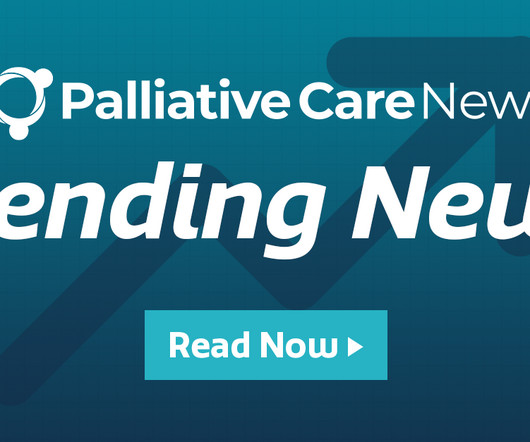



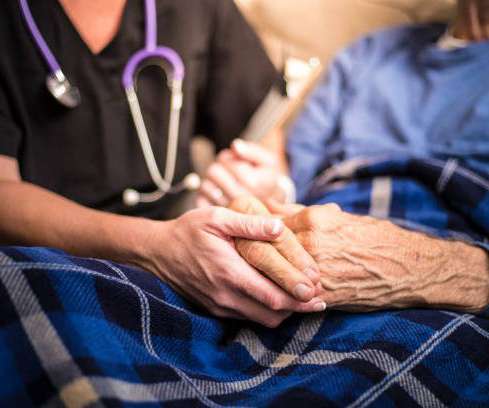

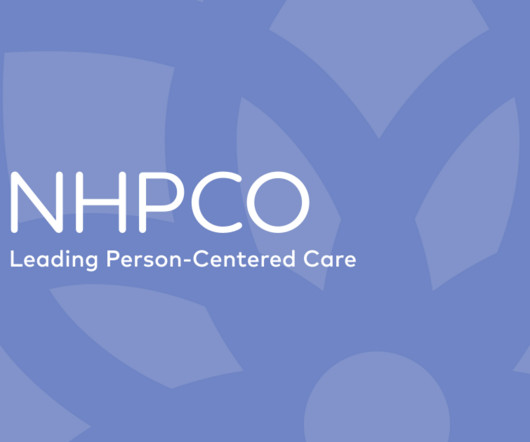
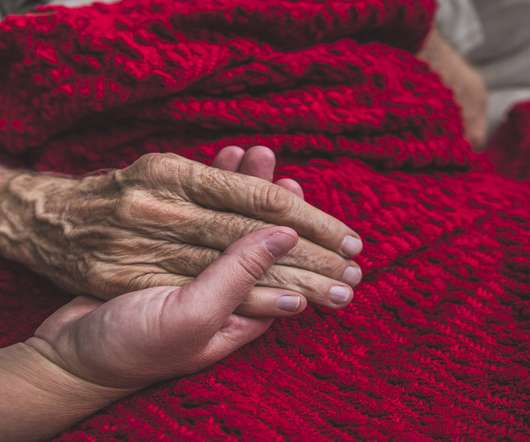



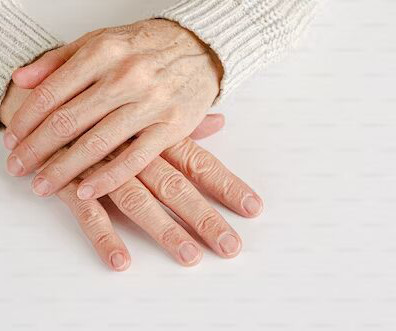






Let's personalize your content